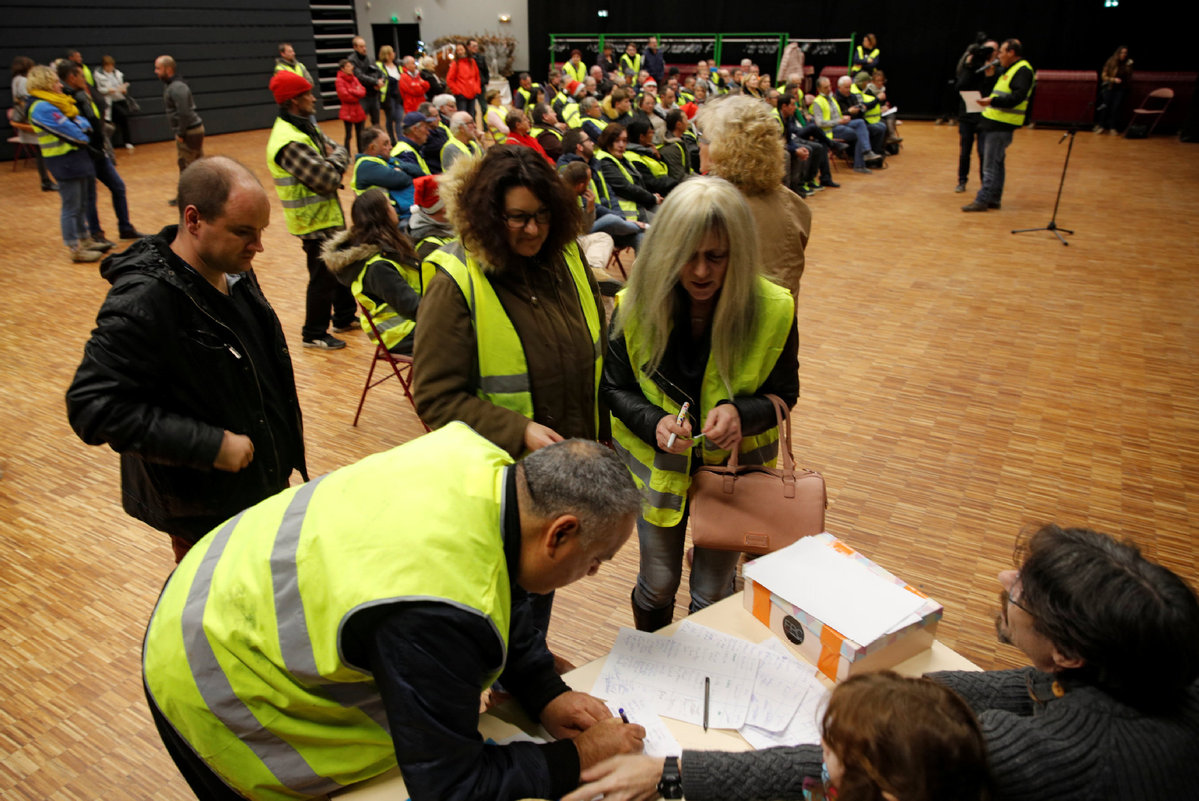Fearing more riots, France to close Eiffel Tower, Louvre, at weekend

CONCESSIONS

The protests, named after the fluorescent safety jackets French motorists have to keep in their cars, erupted in November over the squeeze on household budgets caused by fuel taxes. Demonstrations swiftly grew into a broad, sometimes-violent rebellion against Macron, with no formal leader.
Their demands are diverse and include lower taxes, higher salaries, cheaper energy costs, better retirement provisions and even Macron's resignation.
Reversing course on next year's fuel-tax hikes have left a gaping 4 billion euro hole in the government's 2019 budget which it is now searching for ways to plug.
Citing unnamed sources, Les Echos business daily said the government was considering delaying corporate tax easing planned next year or putting off an increase in the minimum wage.
The unrest has exposed the deep-seated resentment among non-city dwellers that Macron, whose popularity is now at about 20 percent, is out-of-touch with the hard-pressed middle class and blue-collar workers. They see the 40-year-old former investment banker as closer to big business.
Trouble is also brewing elsewhere for Macron. Teenage students on Thursday blocked access to more than 200 high schools across the country and clashed with security forces. About 700 students were arrested, French media reported.
Farmers and truckers are also threatening blockages and strikes from Sunday.
Reuters

































